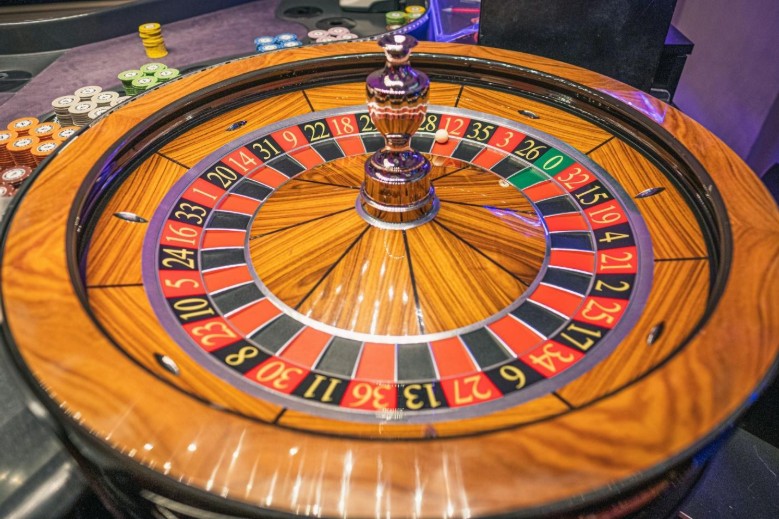
Most roulette players, like other gamblers, are superstitious, and there are many “urban legends” about the game that have been told since it originated in the 18th century. One is about the “total” of its numbers: the story goes that roulette resulted from a “deal” with the devil by a casino owner who tried to learn the game’s secrets. What is the proof? Well, the fact that the sum of the numbers on the wheel is 666 – everyone knows that this number belongs to the devil!
So how did this story come about and how true is it? Is the sum of the numbers on the roulette wheel 666? We will answer all these questions below. Find out more about Roulette77 network by visiting it today!”
First Things First
Let’s answer the basic question first: yes, if you take a calculator and add up all the numbers on the roulette wheel (numbers 1-36) one by one, the result is indeed 666. But is this the only reason for this legend? To answer that, we need to talk about how roulette originated and how it has changed. The legend goes back to the invention of European roulette, which originated in the casinos of Germany – you can find out more about the history of the game on the Roulette77.de platform.
Late 18th century
We don’t know for sure who invented roulette. Many sources claim that it was created by the famous mathematician Blaise Pascal, but there are no objective sources that confirm (or deny) this. Regardless of who invented it, we know the following for sure:
- Roulette was first played in Paris in 1796.
- In this version of roulette, there were two 0 pockets on the wheel. These were not represented by the number 0, but by different colors. So, it was a game with a total of 38 numbers. A book published in 1801 describes in detail how the game looked and states that having two 0 pockets was a clever tactic that gave the advantage to the casino.
- In the 19th century, before the game became widespread in other European cities (and in the US), it had a “double zero” design and no one claimed it was the devil’s game.
But in 1843, something unexpected happened: German casinos changed roulette forever to compete with French casinos.
Mid-19th Century
François Blanc was a businessman who ran a casino in the German town of Homburg, famous for its spas. He was struggling to compete with the French casinos and decided to develop a variant of roulette that gave the advantage to the player. For this purpose, all he did was to reduce the number of 0 pockets to one. But by doing so, he ensured that players could get more of their money back in the long run. He also set the color of the 0 pocket to green. In other words, he invented European roulette (single zero roulette), which is still played today. François Blanc was so successful that he opened the legendary Monte Carlo casino.
Reducing the 0 pocket to one increased the RTP and reduced the house edge. To put it in a table:
| NUMBER OF ZERO POCKETS | RTP – HOUSE EDGE |
| Two | 94.74% – 5.26% |
| One | 97.30% – 2.70% |
This simply means the following:
- If you invest 100 units in a single-zero game, you can earn 97.30 units back in the long run.
- If you invest 100 units in a double-zero game, you can earn 94.74 in the long run.
It’s easy to see why single-zero roulette quickly became popular and brought François Blanc worldwide fame: it simply allowed players to win more.
The Actual Origin of the Legend
If you ask a gambler, he will tell you that the legend’s origin is this story: “François Blanc made a deal with the devil to sell his soul to gain fame and learn the game’s secrets. The devil gave him a game whose numbers add to his number (666)!”
This is, of course, a legend with no basis. Roulette was a game whose numbers added up to 666 even before Blanc. All Blanc did was seize an opportunity – he was nothing more than a smart businessman. But his success led to the game becoming widespread even in the US in the late 19th century, which, at the time, was predominantly populated by anti-gambling Puritans. To get roulette banned, they said that the sum of its numbers equals the number of the devil, and they based their propaganda on this. They were quite successful because, as we all know, gambling is still illegal in the vast majority of US states today, except for a few states. So, this legend is propaganda, and Blanc died at 70 as an extremely rich man.